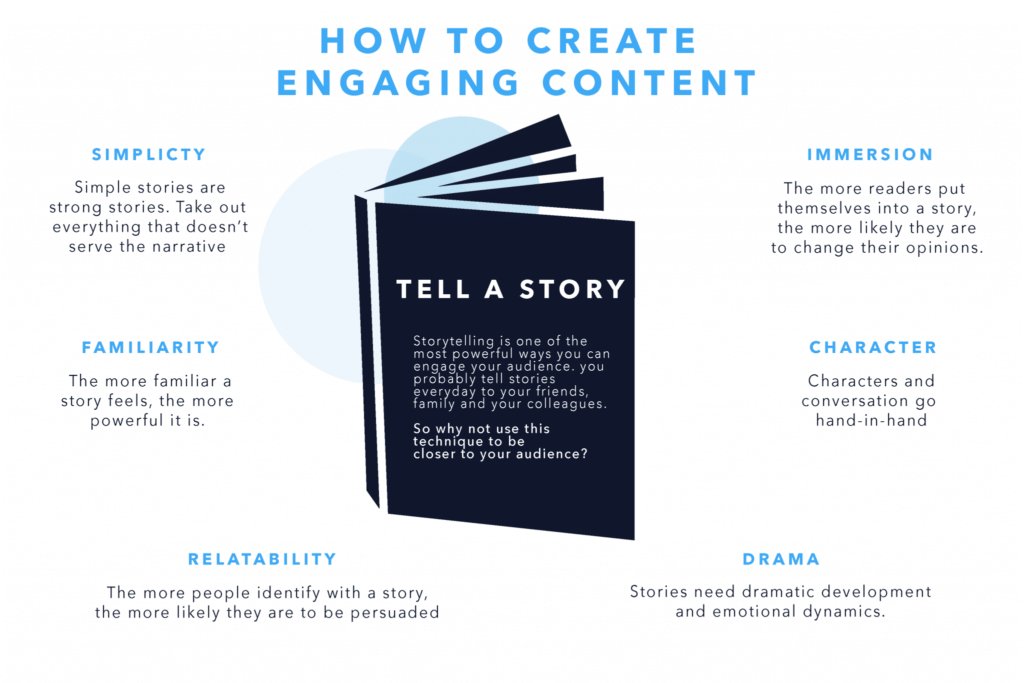It’s a major undertaking to build a lifestyle brand that truly resonates with and inspires your target audience. It’s another thing entirely to build an ecommerce site which reflects your brand, provides a seamless customer experience, drives revenue – and keeps customers coming back for more.
We’ve written recently about how to build a lifestyle brand and which marketing channels are the most successful in connecting with your target audience and creating trust. Whether you already have a lifestyle brand or are creating one, other important factors to consider are how you’ll build your ecommerce site, and your ecommerce website design.
A lifestyle brand’s online presence should represent the lifestyle your customers aspire to live. On your ecommerce website, your community can experience the very core of your brand – and you can connect with them as well as connecting them to each other, all while driving sales. So how do you go about doing that for a lifestyle brand website?
Get your lifestyle branding right
As a lifestyle brand, it’s of utmost importance to get your branding right – not just on your home page and landing pages, but on your ecommerce platform, too.
Using images, messaging, content and great ecommerce website design, you can create a real connection with your audience. These elements also help to earn their trust and build your authenticity. Selecting images and producing content that truly reflects your brand’s values and quality of products will draw your target audience in, and mean they come back time and again.
Find out what’s important to your audience
It’s super important to know your audience. You need to find out what’s important to them, what they value, what they respond to, how they prefer to make their purchases – and your strategy, content (including your ecommerce platform), and branding should reflect that.
Everything you create should resonate with your target audience in order for it to mean something to them, to draw them into the purchase cycle, and to keep them coming back for more.
So how do you find out what’s important to your audience? You can use various methods such as competitor research and analysis, customer surveys, and social listening. Social listening is especially important for lifestyle brands as social media is often where customers spend a lot of their time. It can tell you what content your audience is engaging with, the conversations they are having, what they like (and don’t like), and what they’re saying about both your brand and your competitors.
Use the data you gather to build a lifestyle ecommerce site that you know your target audience will love and respond to. But don’t leave it there – keep checking back in with your audience so you can make updates and improvements to your ecommerce site that will keep your customers coming back for more.
Build trust with your audience
Successful lifestyle ecommerce brands know their audience intimately and use this knowledge to build trust with them. They know who their audience is demographically and they know what’s important to them, but they also know what they aspire to be. Meeting your audience on a personal level builds trust, and this is also a key to creating a successful ecommerce website.
If you don’t have a physical store, your customers have nothing tangible to assess you by; your relationship with them is built online. If you can do this well – with relevant, useful content, great reviews, social proof, and working with influencers, for example – you can provide your audience with value, and that value builds trust.
Create relevant and engaging content
Content is still king, even with all the lifestyle brand websites we know and love today. Producing unique, relevant, useful or entertaining content for your ecommerce website (and ecommerce marketing) will resonate with your target audience.
Some ecommerce brands even go one step further and look through their product reviews, identifying the words that their customers use about their brand and incorporating that into their content. Adopting that method means you really are talking your customers’ language. Engaging content that suits your customers’ needs will also keep them coming back for more rather than just making a one-off purchase. These repeat visits and purchases are less costly for you to generate than a completely new visit, and these customers are more likely to advocate for your brand.

Produce video content
Although this is an extension of the previous point, we’re focusing on video content marketing because it’s a great way of bringing your brand to life and differentiating yourself from your competitors. Bringing your brand values and personality to video rather than simply producing product videos is extremely engaging. Additionally, video content on ecommerce pages can boost sales by up to 85 percent.
Invest in a robust ecommerce website
So you have a high-quality product, a great brand strategy and engaging marketing content in place? If your ecommerce platform doesn’t live up to the rest of your lifestyle brand, you could potentially fall at this all-important revenue hurdle. Investing money and time in robust ecommerce website design means that your customers will have a great user experience from start to finish.
Make it easy and simple for them to purchase, ensure that your brand values are reflected throughout their shopping experience, and connect with them on an emotional and personal level.
Ideally, the ecommerce section of a lifestyle brand website should:
- Make customers feel like a part of a community – they should feel like they belong there
- Be super functional and easy to use with a clear user experience flow
- Include a blog or news section for inspiration
- Use video content to highlight product features
- Provide lots of social proof
Remember that you don’t just build a lifestyle ecommerce website and leave it there. Make sure you test what works, analyze conversion rates, and continually optimize your platform.
Focus on product quality
As your customers become loyal to your brand and you build your reputation, it’s important to ensure that your products are well-made. This can mean focusing on a small number of products rather than being tempted to offer a wide range, which in turn helps to keep your ecommerce site simple and easy to navigate.
It is almost impossible to get all of these things right from the start, but as a lifestyle brand it is important to bear them all in mind. And it’s just as important to continue to optimize your ecommerce website, testing your content, images, messages and design in order to make improvements to user experience and conversion.
Check out our marketing for lifestyle brands resource for more content on all aspects of lifestyle brands, or call us if you’d like to chat through how LimeLight Marketing can support your brand’s ecommerce site.


